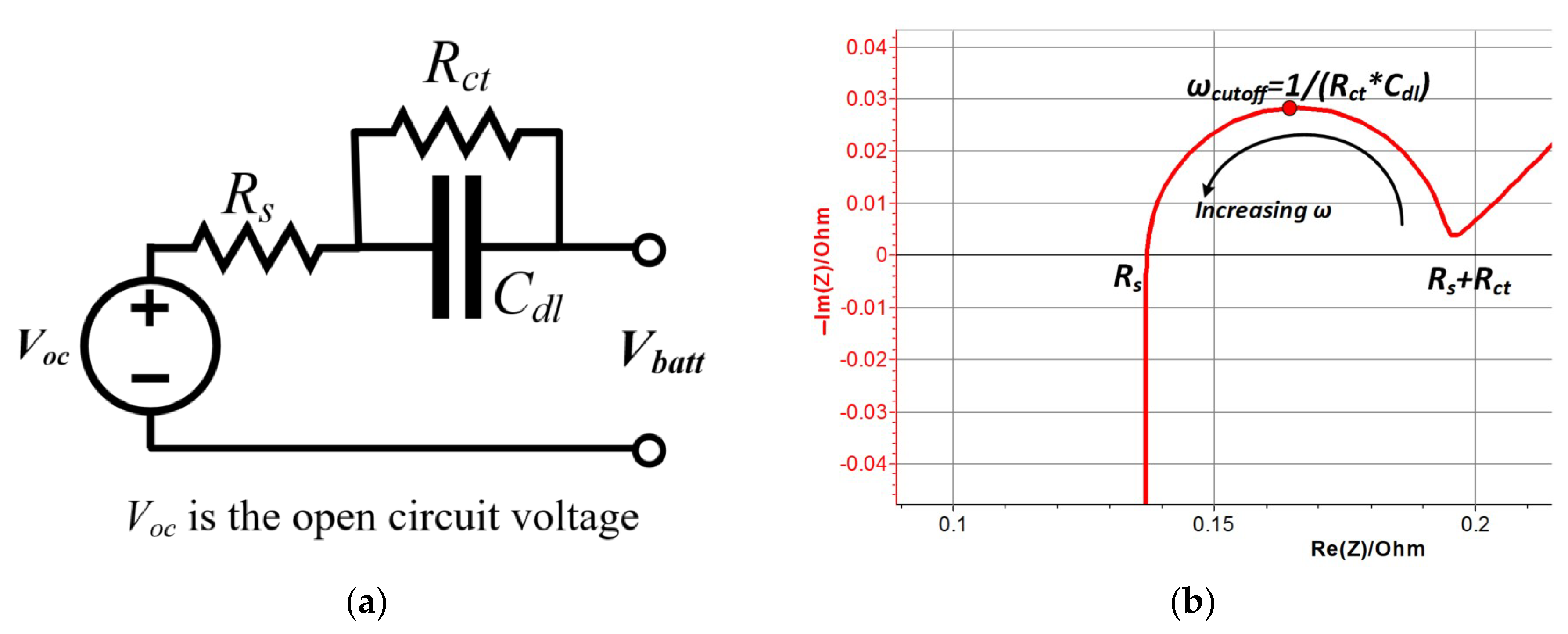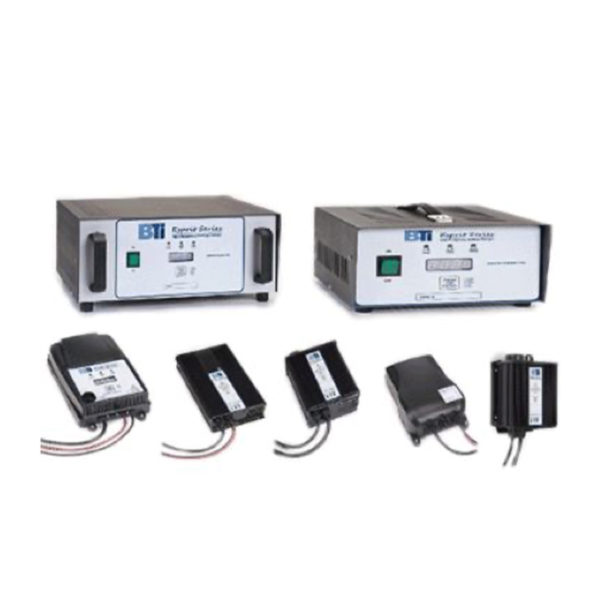

The proposed system is similar to the charging speed of the constant current method under new battery conditions. Battery charging data are analyzed according to the current magnitude and duty at 500 Hz and 1000 Hz and 2000 Hz frequency conditions.

Various experimental conditions are applied to optimize the charging parameters of the pulse charging technique. The proposed pulse charger is controlled by pulse duty, frequency and magnitude.
LI ION BATTERY PULSE CHARGING FREQUENCY SERIES
Pulse charging is applied to 18650 cylindrical lithium ion battery packs with 10 series and 2 parallel structures. To evaluate the performance of the proposed pulse charge method, an add-on type pulse charger prototype is designed and implemented. In this paper, an add-on type pulse charger is proposed to shorten the charging time of a lithium ion battery. It could be inferred that in the case of periodic charge and discharge pulses applied to the lithium titanate oxide-based lithium-ion battery, important parameters including state of charge, current rates, initial cycling, and temperature have a significant influence on total generated heat. The maximum heat generation during 13 A, 40 A, 50 A, 60 A and 100 A pulse discharges were 0.231 Wh, 0.77 Wh, 0.507 Wh, 0.590 Wh and 1.13 Wh correspondingly. The precise effects of different state-of-charge levels and current-rates on lithium-ion battery total generated heat was investigated. Pulse charge and discharge in different increments of state of charge were applied to the lithium titanate oxide-based lithium-ion battery to designate the heat generation of the lithium-ion battery cell.

Isothermal battery calorimeter is the exclusive calorimeter globally, suitable for lithium-ion batteries’ accurate thermal measurements. Different experimental facilities were used to measure lithium-ion battery heat generation at different operating conditions and charge and discharge rates in this investigation. The investigated lithium-ion battery in the present research is a commercially available lithium titanate oxide-based lithium-ion battery, which can be used in different applications. Besides, it is needed for safe and optimum application. Thermal characterization of lithium-ion batteries is essential to improve an efficient thermal management system for lithium-ion batteries.


 0 kommentar(er)
0 kommentar(er)
